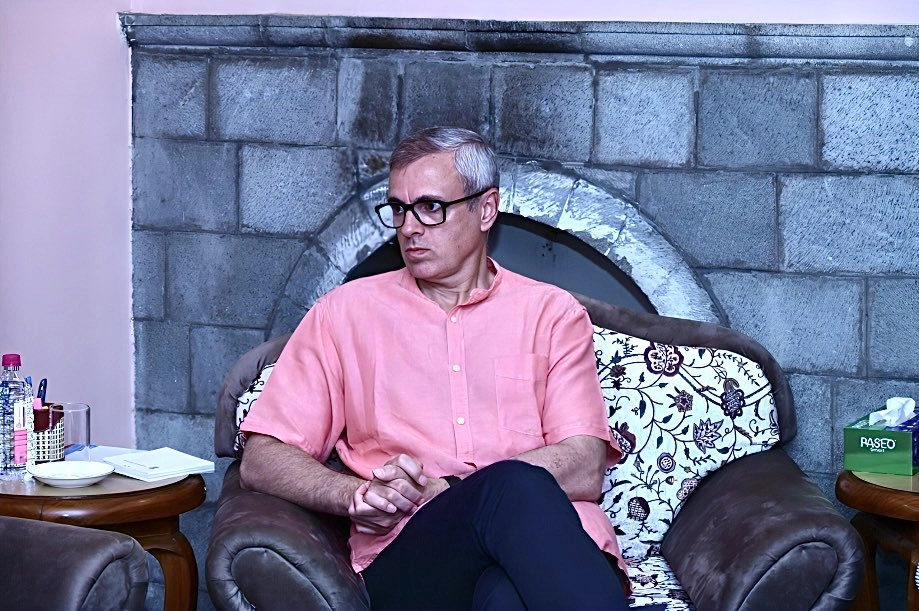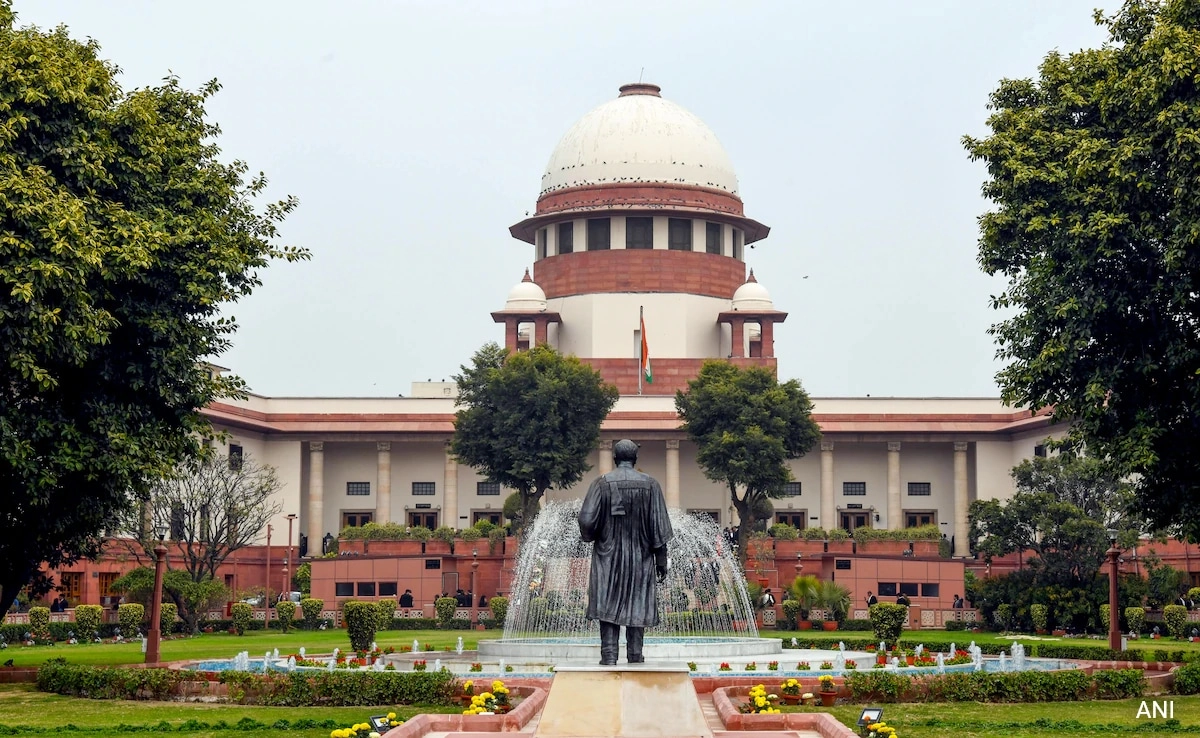Omar Abdullah, the former Chief Minister of Jammu and Kashmir, has expressed deep disappointment regarding the house arrests imposed on political leaders and activists during Kashmir Martyrs’ Day. This day, observed on July 13, holds significant meaning for the people of Kashmir as it commemorates the sacrifices made by those who stood up for their rights and freedoms. Abdullah’s criticism highlights the ongoing tensions in the region, where the right to assemble and express one’s views remains severely restricted. The restrictions imposed on such a poignant day not only raise questions about the democratic process but also reflect a broader pattern of suppression faced by those who seek to honor their history and advocate for their community.
In his statements, Abdullah emphasized the irony of imposing house arrests on a day dedicated to remembering martyrs who fought for justice and autonomy. He pointed out that such actions serve to undermine the very values that the martyrs stood for. The act of locking away political figures and activists on this day is perceived as an attempt to stifle dissent and erase the memory of those who have fought for the rights of the people. Abdullah’s remarks resonate with many in the region, who feel that the current political climate is characterized by fear and repression, making it increasingly difficult for individuals to express their opinions freely.
The implications of these house arrests extend beyond just political leaders; they also impact the broader population, which is eager to engage in discussions about their identity, autonomy, and future. The restrictions on movement and assembly reflect a troubling trend in governance, where the voices of dissent are silenced, and public discourse is stifled. As Abdullah continues to speak out against these measures, he represents a segment of the population that yearns for change and greater political freedoms. His advocacy underscores the need for a more open dialogue about Kashmir’s future, one that honors its history while addressing the aspirations of its people.
Overall, Abdullah’s comments serve as a reminder of the ongoing struggles faced by the people of Kashmir and the importance of remembering their history. By challenging the restrictions placed on political expression, he aims to inspire others to reflect on the significance of Kashmir Martyrs’ Day and to continue the fight for justice and recognition. The situation in the region remains complex, but voices like Abdullah’s are crucial in fostering a discourse that seeks to bridge the gaps between the past and the present, ultimately striving for a more inclusive and equitable future for all Kashmiris.




